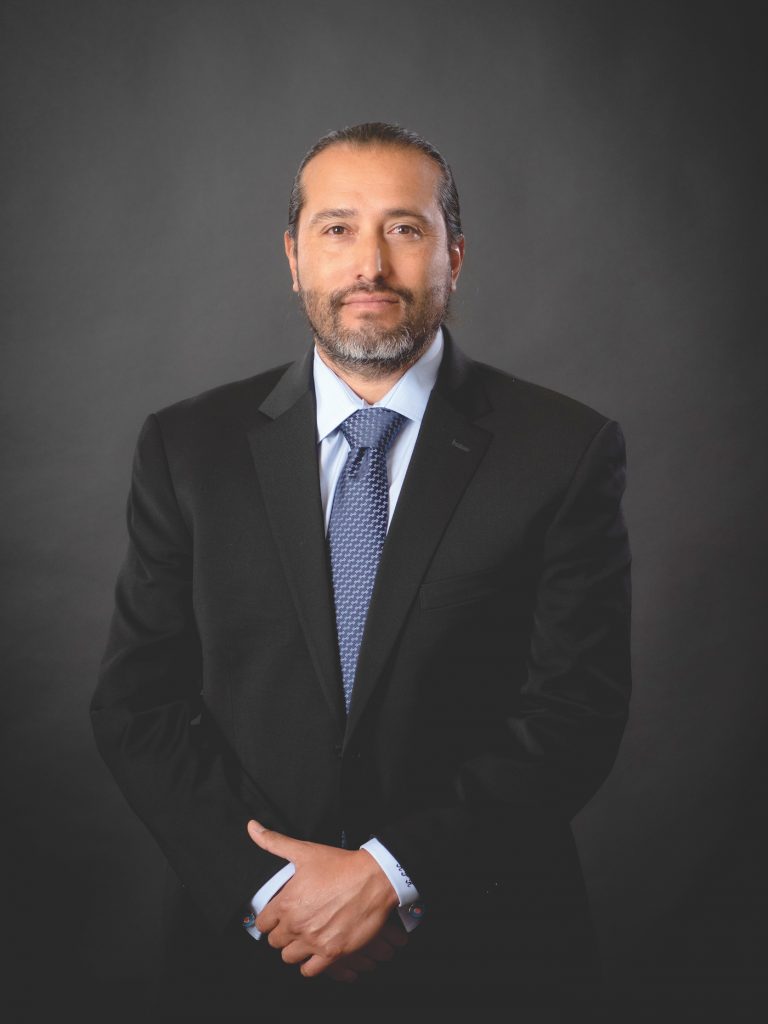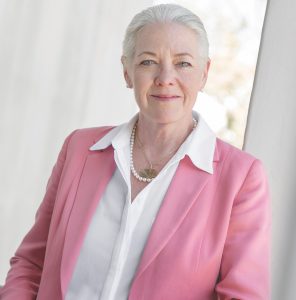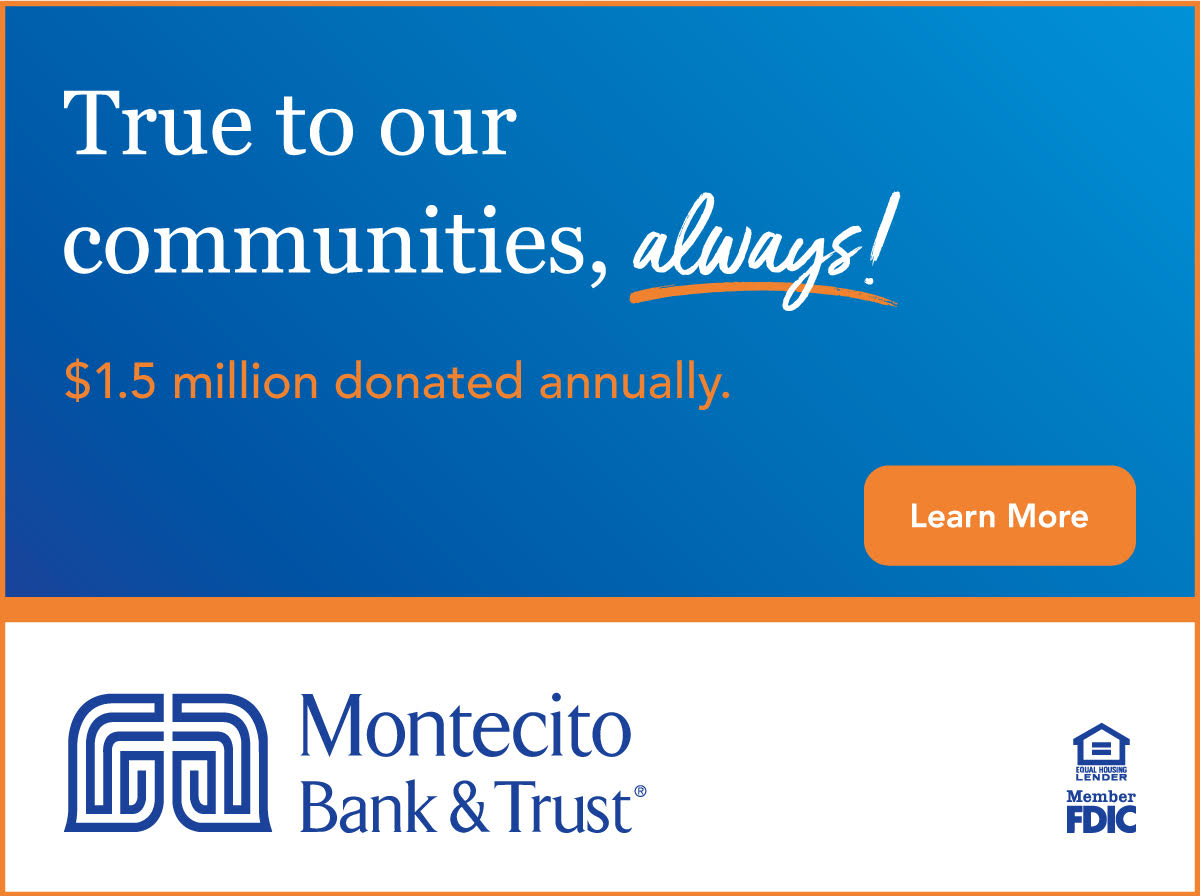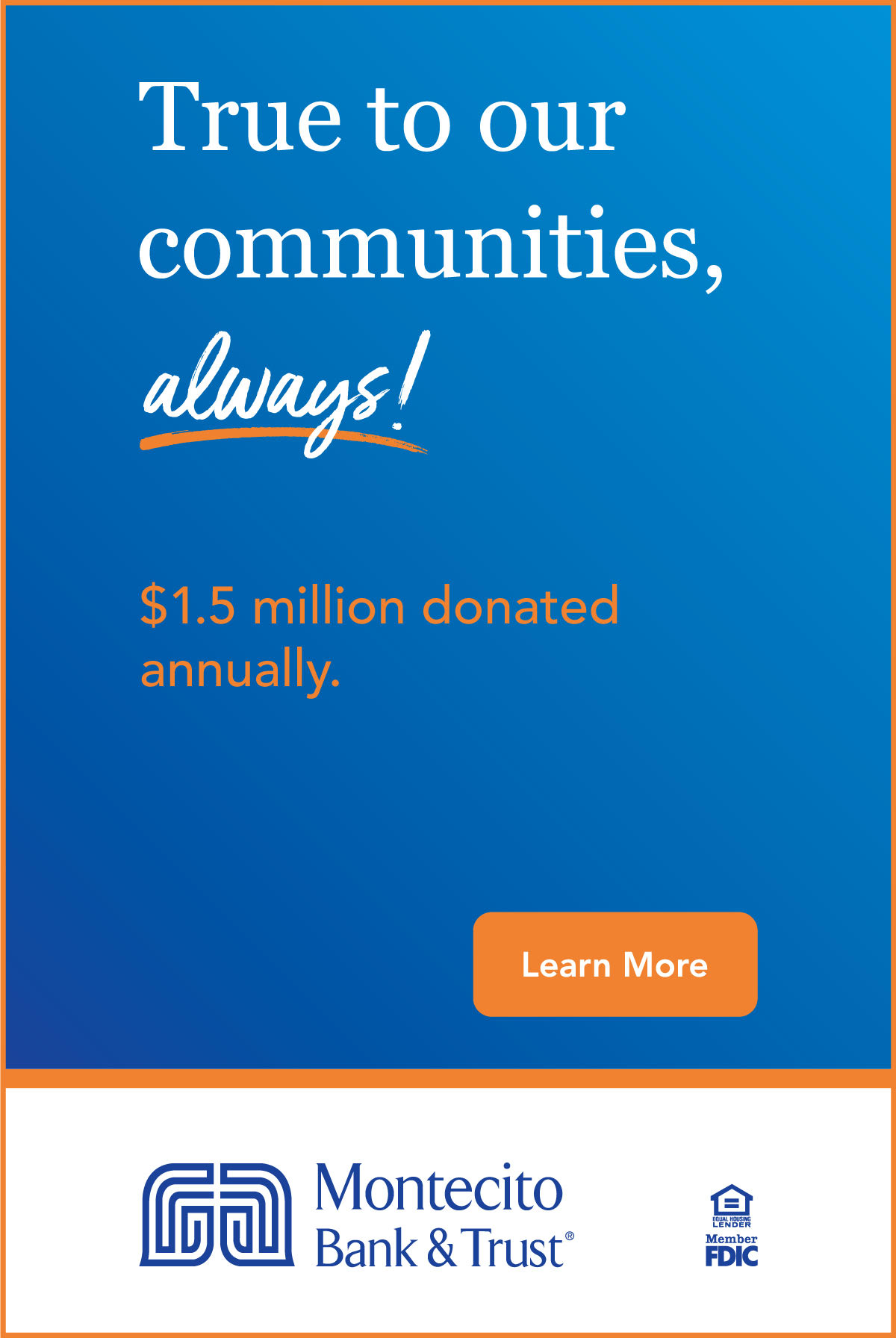Giving Back What Was Given to Him

As a child growing up on the Santa Ynez Chumash Reservation, Kenneth Kahn never felt neglected. His neighborhood was filled with friends and extended family members, and his life was rich – even if others in the world may not have judged it as such. This fertile environment helped Kahn understand the power of giving and volunteerism.
“From the outside looking in, I think people would say we were less fortunate, but from the inside, we were surrounded by family,” Kahn says. “We had a thriving culture that kept us engaged in our community. From that perspective, because I grew up with the love and the support of family, materialistic things were less important.”
Now, as chairman of the Santa Ynez Band of Chumash Indians, Kahn, 44, uses his position as a community leader to help the next generation of families in need. “I’m lucky in that I can look back and appreciate that experience,” he says, adding that when it comes to partnering with nonprofit groups, his top priority is finding ways to support those most in need.
“When it comes to the opportunities that I’ve had to contribute via the Chumash tribe to many charities in Santa Barbara County and elsewhere in the nation, the atmosphere of growing up without certain things informs all of our programming,” he says. “We want to make sure we are supporting families so they can have a level playing field.”
As a kid, Kahn fondly recalls receiving gifts each Christmas donated by local nonprofit organizations, one of which, he says, was People Helping People. One of his earliest holiday memories, in fact, was receiving a jigsaw puzzle. “Even though it was a well-used regift, it was new to me,” he says.
The same goes for most of the other kids with whom Kahn grew up. “For most of us, a gift was an old puzzle as opposed to a shiny new toy,” he says. “But from our perspective, we grew up wealthy, because we had all that with that support.”
“My neighborhood was filled with aunts and uncles and grandparents, so I could walk up and down the street and knock on doors, and everyone was family. We ate government food and had government subsidies, but it didn’t really sink in that we were poor, that mom had difficulty putting food on the table, was barely able to pay her bills and utilities, lights, and electricity. Today I am able to appreciate the support I didn’t realize I had then.”
Growing up on a reservation, Kahn says he experienced a unique sense of family that other children weren’t necessarily able to experience. “My neighborhood was filled with aunts and uncles and grandparents, so I could walk up and down the street and knock on doors, and everyone was family,” he says. “We ate government food and had government subsidies, but it didn’t really sink in that we were poor, that mom had difficulty putting food on the table, was barely able to pay her bills and utilities, lights, and electricity. Today I am able to appreciate the support I didn’t realize I had then.”
The tribe’s charitable foundation helps with everything, including a food program and general assistance for struggling families as well as other important needs that are increasingly commonplace in today’s tough economic climate – including education and health care.
“We are all exposed to those experiences,” Kahn says. “We all have a friend or family member that has had cancer or heart disease or is suffering from diabetes or other disabilities, and all those experiences inform what we do.”
In his career as a community leader, Kahn considers himself fortunate that he was able to get involved early on when the tribe was just getting started in its charitable programming. “I’m an elected member of the tribe – the equivalent of a city council member,” he explains. “So not only am I involved in the day-to-day decisions on supporting our community, but the tribe also has a number of businesses that support and finance our programming.”
So far, Kahn estimates, the Santa Ynez Band of Chumash Indians has donated $25 million throughout its history to schools and nonprofit groups in the community and across the nation.
In 2015, he helped create Team Chumash, which connects hundreds of people in the tribal community to the various organizations receiving its support. “That way, we match the power of the dollar with the power of time,” he says. “It gives people the opportunity to learn and grow and to connect with their communities. It is very empowering and a way to build leadership.”
More than anything, Kahn sees his role as tribal chairman as helping to nurture a sustainable future by investing in community resiliency. “Looking at it from the overall philanthropic perspective, we’re not just looking at how to support the current generation,” he says. “Instead, we are looking five, six generations down the line to see how we can support our children and their children’s children.”


